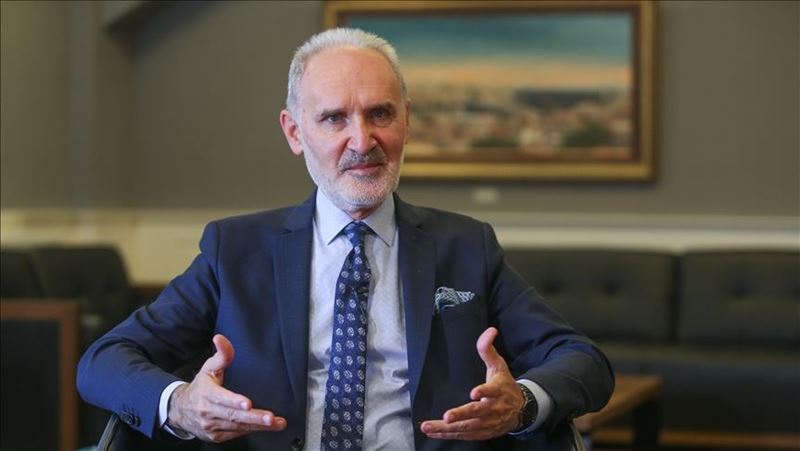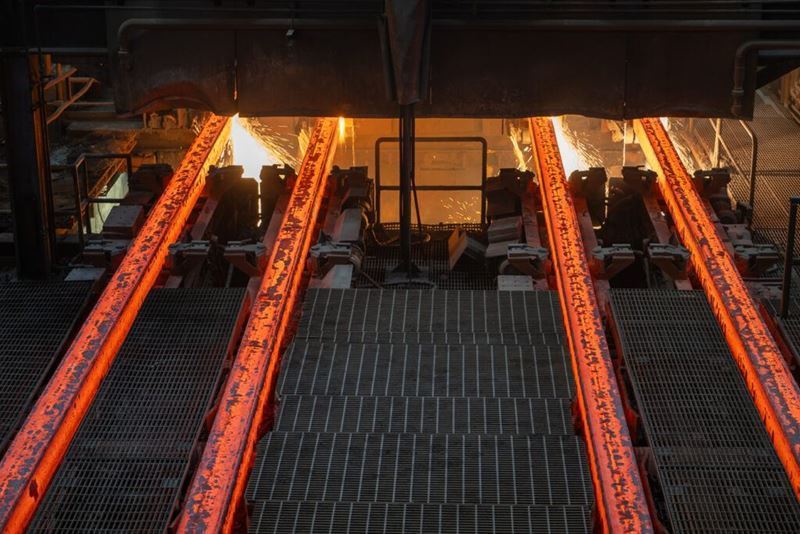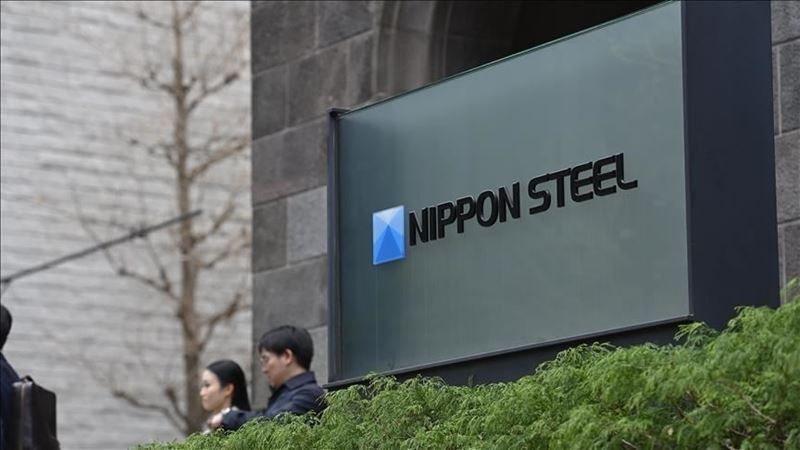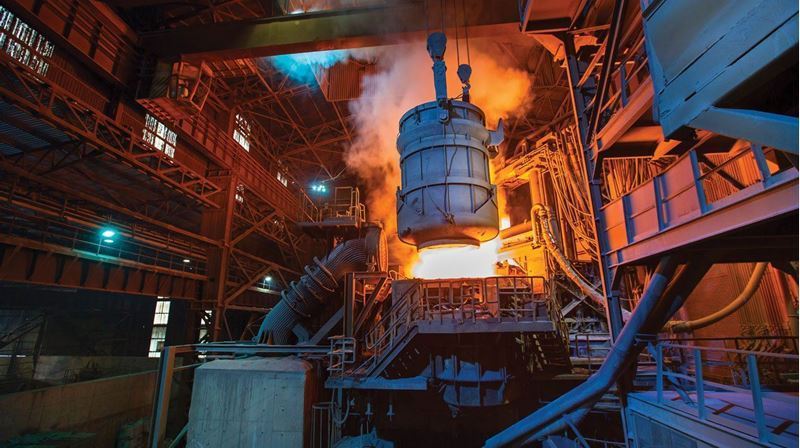Meeting with members of the press to evaluate the current agenda of the business world, Şekib Avdagiç drew attention to the foreign trade deficit, describing it as one of the most significant challenges facing the Turkish economy. Avdagiç stated that the trade deficit in goods is expected to be in the range of USD 85 to 90 billion, and added: “Türkiye’s inability to close the foreign trade deficit over the past 150 years is the fundamental reason behind today’s economic vulnerabilities. When we increase exports by 10% and imports by 7%, the absolute difference remains the same.”
"We Cannot Afford to Widen the Foreign Trade Deficit"
Avdagiç emphasized that as we move toward 2026, imports must be managed with clear targets just like exports. “We must decrease the foreign trade deficit we do not have the luxury of allowing it to grow. As Türkiye, we also need to set targets for imports,”
Avdagiç drew attention to the need for investments that would reduce import dependency, emphasized that : “Türkiye has not been able to make any significant investments in raw material production for the plastics industry for years. The share of domestic supply in meeting the total raw material demand of the plastics sector has fallen below 15%.”
"Access to Credit Has Become More Important Than Its Cost"
Avdagiç emphasized the need for determination in the fight against inflation, but noted that the business community is facing serious difficulties in accessing credit. “Right now, access to credit is an even more critical issue than its cost,” he stated that, stressing that small and medium-sized enterprises (SMEs) in particular should be excluded from credit restrictions.
Avdagiç pointed out that the gap between the Central Bank’s benchmark interest rate and commercial loan rates has widened. “As banks increase costs to attract Turkish Lira deposits, this automatically drives up loan interest rates. Therefore, this issue is not something that banks alone can resolve,”











Comments
No comment yet.